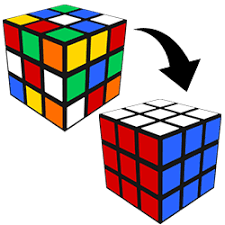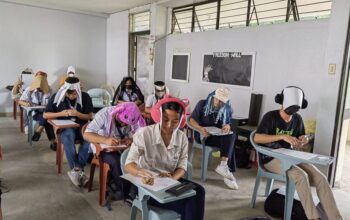Hungarian architect Ernő Rubik takes play very seriously — and suggests we could all lighten up. “Most people are taking most of the things too seriously,” he says. “They really can’t enjoy life because of that.”
Written content by David Greene via NPR
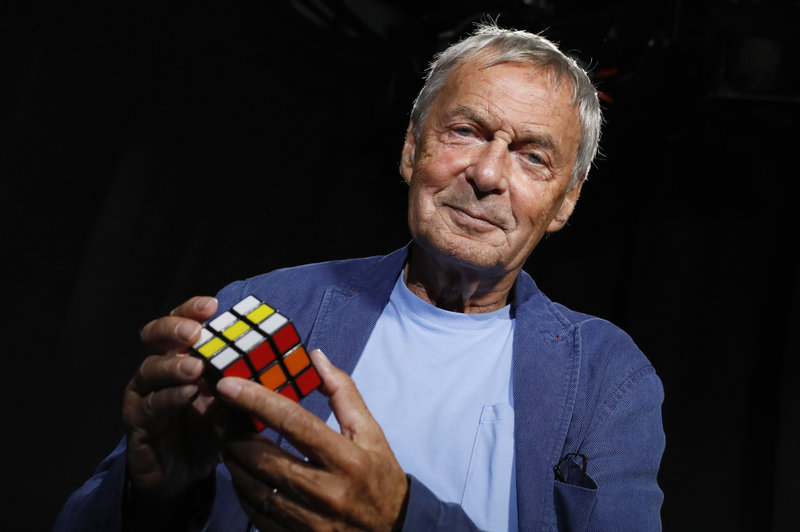
If Rubik’s name sounds familiar that’s because he’s the inventor of the Rubik’s Cube — that fun (and frustrating) colorful cube puzzle.
“If you don’t really mind if you are winning or losing, you enjoy the play …” he says. “I learn most from my failures — that is the way to learn, that is the way to be successful.”
And Rubik knows a thing or two about success. He was obsessed with puzzles and solving problems as a kid. He invented the cube in 1974, and when it was first sold in Hungarian toy shops in 1977 it flew off shelves.
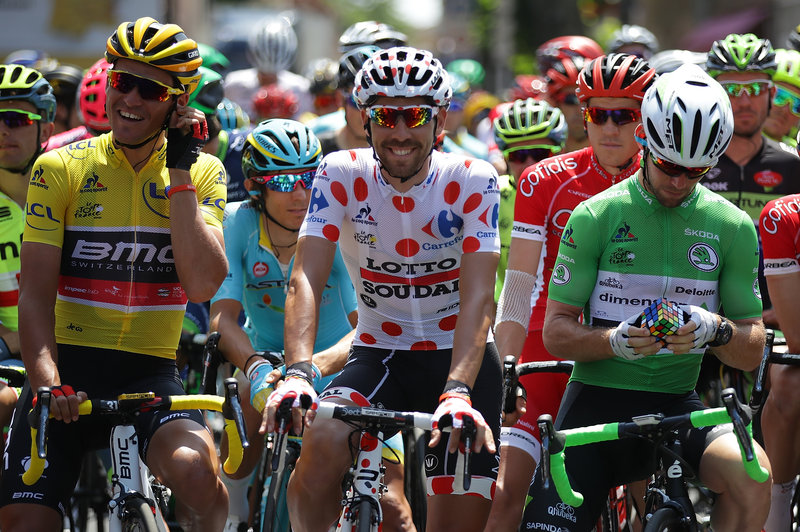
His new book, Cubed: The Puzzle of Us All,tells the whole story.
In the first three years that the cube was licensed to an American company, it sold 100 million copies around the world. Rubik never imagined it would have that kind of appeal. People tended not to buy difficult puzzles, he explains.
But the Rubik’s Cube, “made it really fashionable to have a puzzle,” he says. “To play with it and to show to others: I can do it … how to learn it.”
(Solution books were also quite popular in those years, he says.)
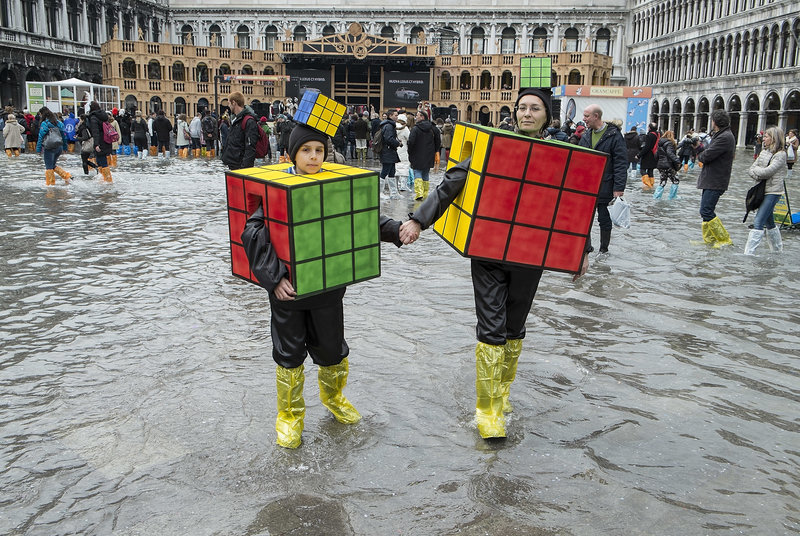
But Rubik found the toughness of the puzzle — the billion ways to scramble it – deeply motivating. “I found it difficult. More difficult, more enjoyment to solve it,” he says.
And he loved that the cube tapped into a community of people worldwide who felt the same way. “It had some kind of magnetic force for us,” he says. “I had the feeling I’m not alone in the world … they like the same level as I like.”
Follow “News Without Politics” for updates on more amazing stories across the U.S. and around the world without media bias.
Stay informed from the best unbiased news source: newswithoutpolitics.com

